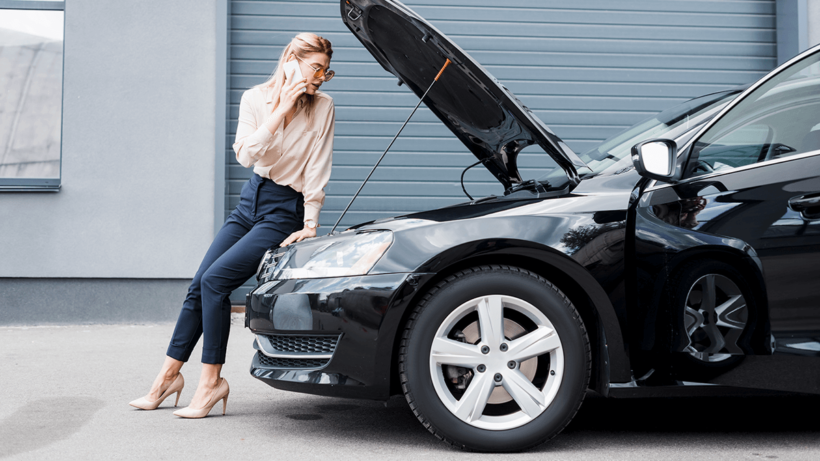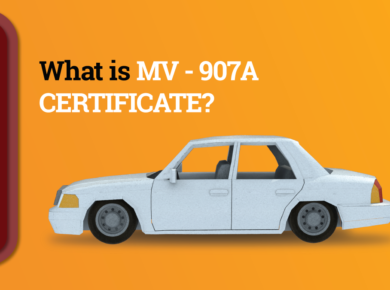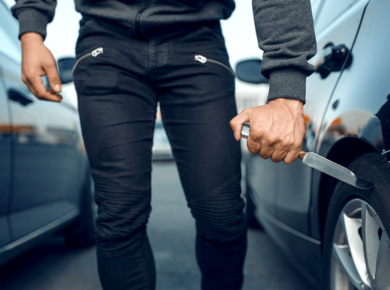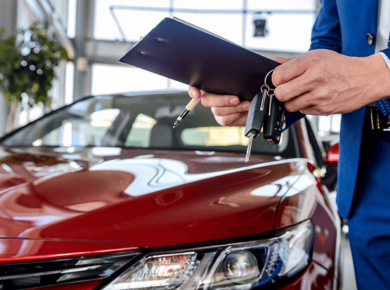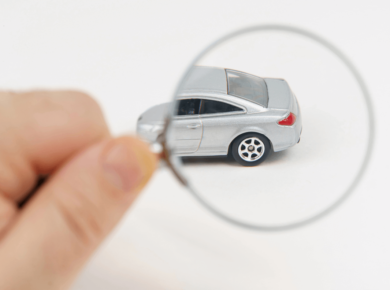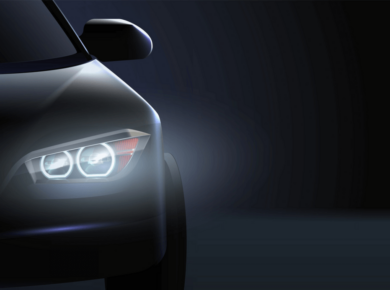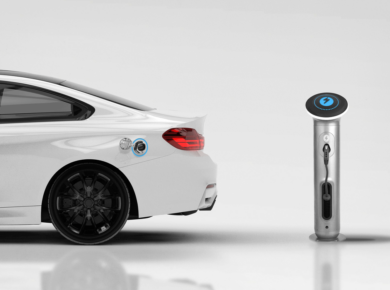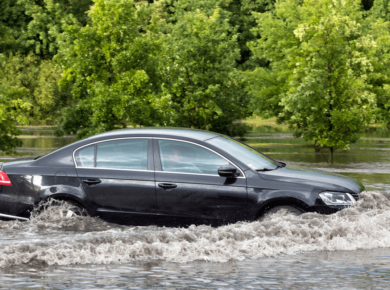Starting your day with a car that refuses to start alongside you is frustrating. A number of issues can account for your car failing on you: a dead battery, faulty starter, low fuel, electronic malfunctions, and so on. However, there is no need to panic: most of these issues are easily remedied. If you find that your car doesn’t start, try these steps to turn your vehicle over.
Listen to your engine and strange noises
Listen carefully to the engine working as it can help prevent a myriad of problems. Noises coming from the engine bay are the best indicators that something is wrong: from a weak battery to a lack of fuel. These sounds fall into several types, depending on the issue with the motor.
For instance, if your car cranks but doesn’t start you’re likely to be low on gas, or a fuse is blown. The engine doesn’t receive the necessary fuel, so trying to start without gasoline may lead to a burnt fuel pump and expensive repairs in the long run. Clicking sounds can indicate that the battery is weak or dead, whereas a grinding crank is a symptom of a broken or damaged flywheel.
Check your battery and try jump-start if needed
The battery provides power to all the systems inside a vehicle to make it run. Take a look at the cables on your accumulator if your car doesn’t start. Every battery has two terminals (positive and negative) to which two separate wires are connected. Make sure these aren’t corroded, disconnected, covered in debris, or oxidized.
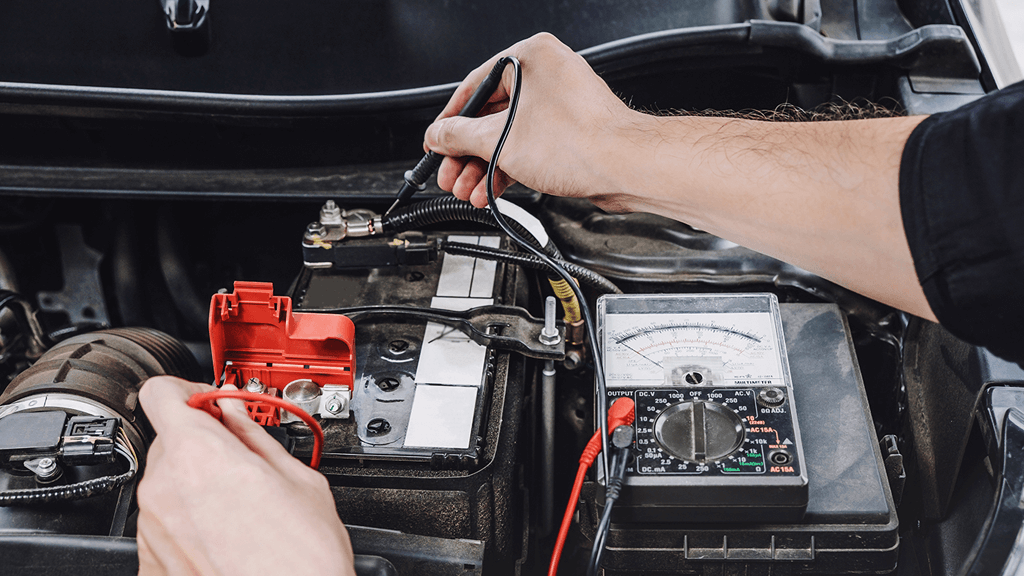
You can also try jump-starting your car. Make sure you have jumper cables and find somebody to help you. Remember that both positive and negative terminals have to be connected accordingly (positive to positive, negative to negative). Otherwise, you can hurt yourself and damage the vehicle.
Keep an eye on the ignition
A number of issues related to the ignition system may be the reason behind a faulty start. Your car can fail on you due to problems with a starter. It’s a small electric motor wired to the battery, which sets the engine in motion. This issue is also easy to diagnose. Turn on the headlights and check whether the car cranks. If headlamps are on but a car doesn’t crank, it’s likely an issue with the starter.
Pay attention to the “check engine” light on the dashboard when switching the ignition on. It should illuminate for a moment before going out, but if it doesn’t appear at all, you may need to have a mechanic diagnose the issue.
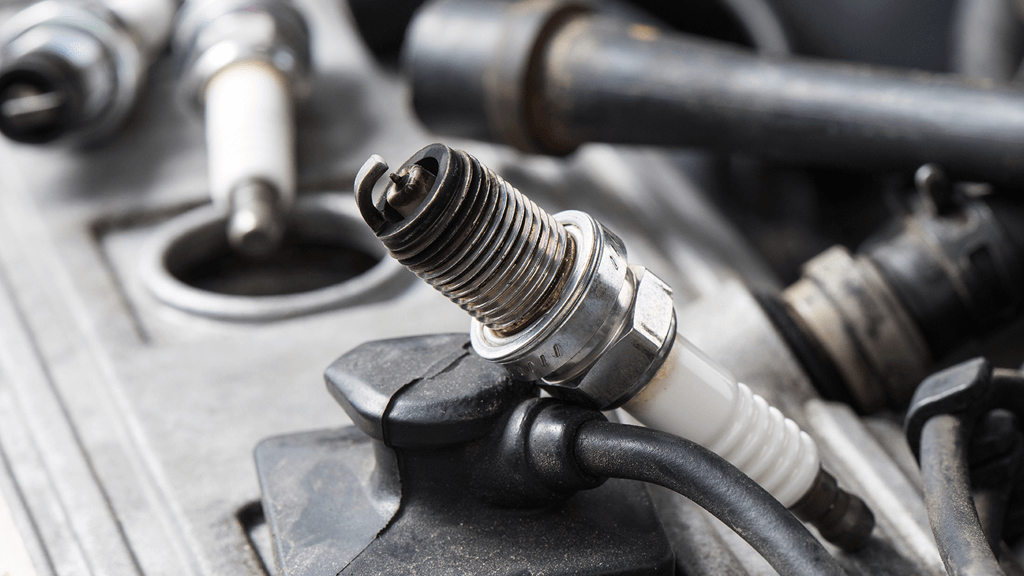
Examine the spark plugs in your car for damage. Consider replacing them if they have visible signs of carbon deposits or if they’re burnt. Check spark plug wires and call a local auto shop or your dealer if wiring is frayed, worn, or not insulated.
Don’t forget about the ignition lock
A faulty ignition switch or a jammed ignition lock are among the most common reasons that a car won’t start. It’s possible that the immobilizer in your car didn’t receive a signal from the key fob, so the car won’t start as the steering wheel is blocked. This can happen because of a weak battery inside the key. Try to start a car using a spare key if you have one.
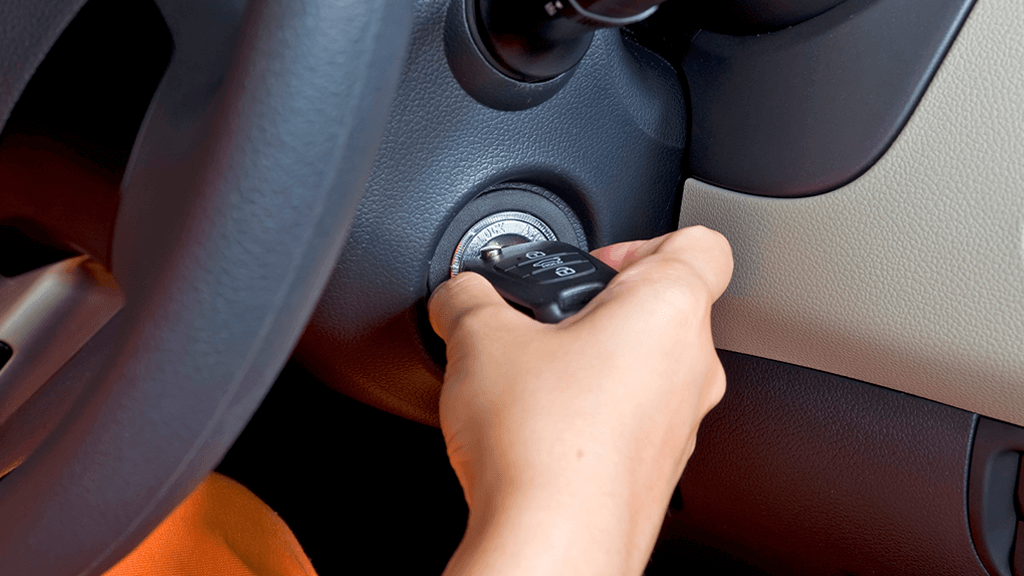
Never try to start a car for an extended period of time. Avoid cranking the engine for more than 10 seconds. This can cause serious damage to your vehicle, so you may end up with a burnt starter, spark plugs, and ignition coils.
Bottom Line
Following these steps will help you turn your vehicle over when it fails on you. In addition, we can help you get a car or a truck if you’ve been looking for one. Salvagebid is where you can buy cars from insurance companies directly, with no license required. Through our platform, you’ll have access to thousands of vehicles sitting across the USA and waiting for their new owners. Create an account with us or use your Google or Facebook profile to sign up. Upload a copy of the government-issued ID or passport, place a refundable security deposit, and upgrade your membership to get access to unlimited bidding. We are ready to answer all your questions at + 1 (360) 347-1300 (6:00 AM – 3:00 PM PST, Monday through Friday), or you can contact us online.
